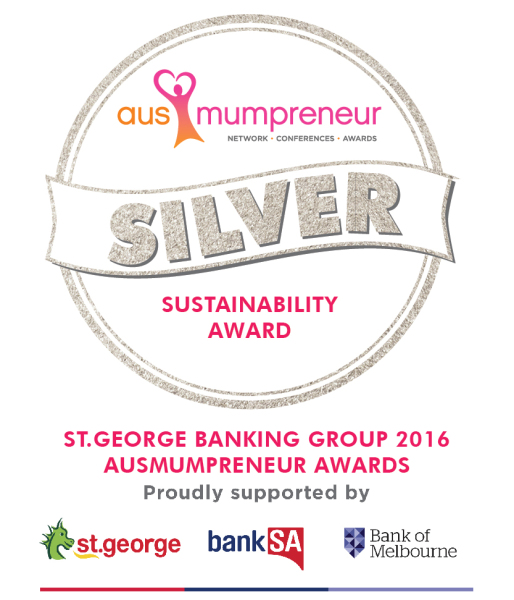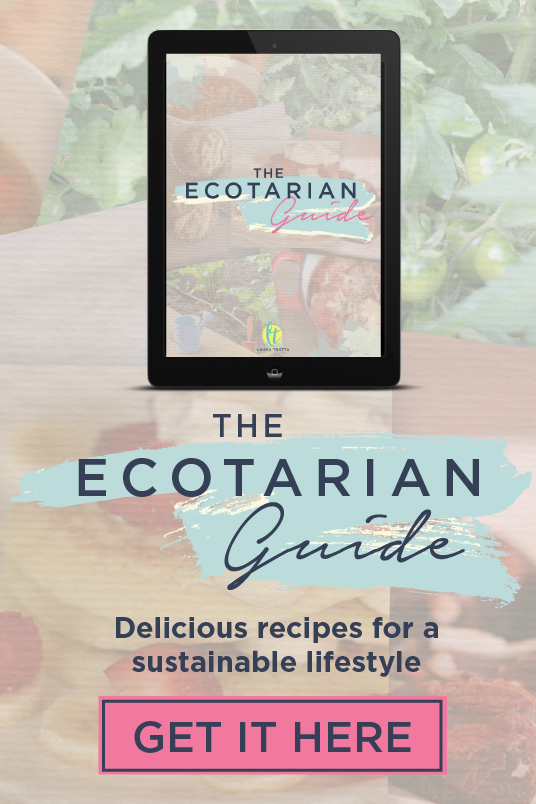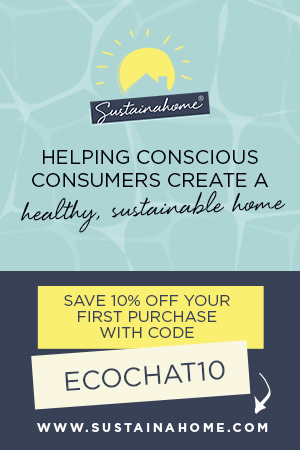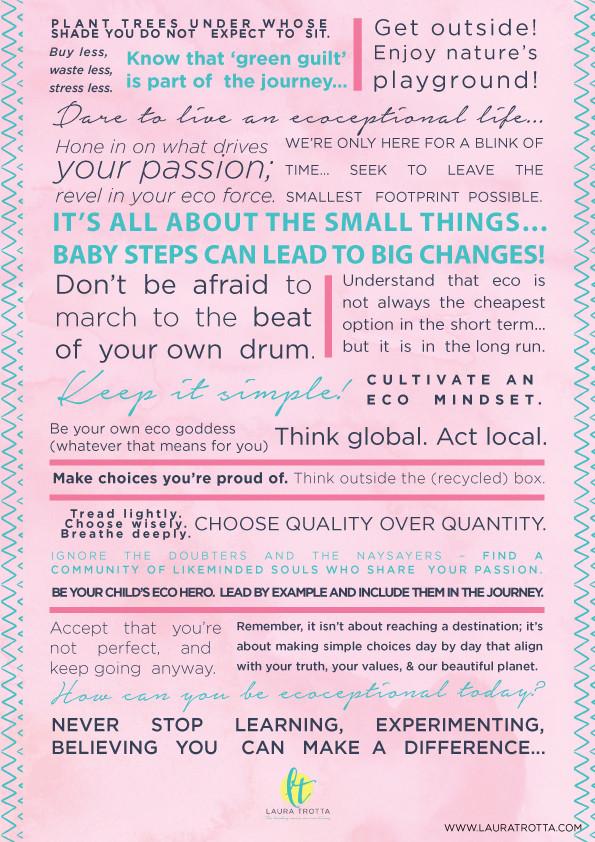Lotions and potions, deodorant, perfumes, soaps, exfoliants, shower gels, and make up: many of us probably use some or most of these products every day and may not give them a second thought.
In this blog episode I’ll chat about why beauty products may not actually be that great for both you and the environment. Plus I’ll share some of my favourite foods that can double in the personal care department.
Podcast: Play in new window
Why You Need To Be Mindful of the Personal Care Products You Use
Most of us have grown up accustomed to the slogan “you are what you eat”, but I don’t think this paints the real picture. I strongly believe that you are what you eat, breathe, and apply to your skin, hair, and even nails.
Our skin is our largest organ and readily absorbs products that are applied to its surface.
Unlike ingested toxins that are broken down by enzymes in our saliva and stomach, toxins absorbed through our skin typically end up in our bloodstream and are transported to our organs.
In fact, adult humans are reported to absorb 60% of what is applied to our skins and children are reported to absorb 40-50% more again.
This percentage is much higher for products applied to armpits and genitalia where skin is much thinner. For this reason, it pays to think twice about what menstrual products, deodorants, and personal lubricants you choose, and be mindful of the nappy creams and ointments you apply to your young children.
What Ingredients Are Of The Most Concern?
Before I dive into specific ingredients, I’d like you to be mindful that around 90% of the ingredients used in cosmetics and personal care products have not been safely tested for human health effects. And even if they have, the combined chemical burden from toxins in beauty and body care products has not been adequately assessed.
Given that the average woman applies hundreds of chemicals to her body daily in the form of personal care products, we have a situation of great concern.
While some of these chemicals are harmless, others are known endocrine disruptors, carcinogens, and neurotoxins. There is also growing concern that the combined chemical burden from these products may be directly related to increased rates of reproductive issues and cancer among women (source).
There are many beauty and personal care ingredients that are well documented to cause harm to health, but here’s five of the main ones to avoid:
- Parabens can be found in many commercial shampoos, conditioners, liquid hand soaps, and toothpaste. They’re suspected endocrine disruptors, suspected skin or sense organ toxins, and can cause contact dermatitis and skin irritation.
- Parfum (or fragrance) is present in many deodorants, perfumes, body washes, and most cosmetic products. It’s been linked to allergic reactions, asthma, immune and neurotoxicity impacts. You can learn more about parfum and why I don’t wear perfume here.
- Phthalates can be found in perfume, nail polish, hair spray, and body lotion. They can negatively impact the endocrine system, liver, and kidneys, and have reproductive, developmental, immune, and neurotoxity impacts. They’ve also been linked to birth defects and damage to the male reproductive system.
- Propylene Glycol is present in many moisturisers, shampoos, cleansers, bar soaps, and hand cream. It has suspected respiratory, immune, and neurotoxicity impacts and has also been linked with eczema and allergic contact dermatitis.
- Triclosan is an ingredient in many commercial liquid hand soaps, facial cleansers, toothpastes, and deodorants. It’s been linked with allergic reactions, skin, eye, and lung irritation, and has suspected skin, sense organ, and immunotoxicity effects. Following extensive media coverage in late 2016, a number of Australian companies are now following the United States’ lead and will remove triclosan and triclocarban from their antibacterial soap products.
This is just the tip of the iceberg when it comes to documented and suspected health impacts from using many commercial beauty and body care products. But it doesn’t stop there… many products don’t just have a health impact, they’re impacting our environment too.
So much of what we use in the bathroom gets flushed down our drains – so there’s a double-whammy where these products can affect both your health and the environment. And of course, there’s also the environmental impact of the packaging these products come in, and the energy and resources involved in making the product and transporting it to market.
What Are Some Natural Alternatives for Beauty and Body Products?
While there’s a growing range of luxurious, organic body and personal care products on the market, you have almost everything you need on hand to keep yourself clean and presentable, without dosing your body with nasty chemicals, and these trusty toxin-free personal-care products are right in front of your eyes, each and every time you open your pantry or fridge.
I’m talking food that doubles as body care.
Nurturing your body with natural food is the most environmentally-friendly form of self-care as it repurposes foods you have on hand and generates minimal waste (and minimal bathroom clutter!).
What Foods Can Be Used For Beauty and Body Care?
There are many different foods that can be used to cleanse and nurture your body.
Foods like honey, avocado, coconut oil, salt, turmeric, baking soda, and apple cider vinegar are a few of my favourites.
3 Easy Ways to Use Food for Beauty and Body Care
To get you started on your natural body care regime here’s three of my favourite ways to use foods for beauty and body care.
(1) Remove make up with coconut oil by dabbing a small amount on a cloth and wiping it over your face. It’s especially effective and gentle when removing eye make-up. Coconut oil is also a powerhouse when it comes to moisturising your skin and is a popular natural personal lubricant.
(2) Rather than tossing that overripe or bruised avocado, mash it up and apply directly to your face and hair for an intensive skin moisturising and hair conditioning treatment. Just don’t leave the house while you’re doing this (don’t want to scare the neighbours!).
(3) Baking soda is a fantastic shampoo and apple cider vinegar an effective hair conditioner. To use dissolve 1 tablespoon of baking soda in a cup of water and rub through your hair. Rinse with water. Then rinse again with 1 cup of water with 1 tablespoon of apple cider vinegar added. Rinse again with water.
Want To Learn More About Repurposing Foods Around the Home?
If you’re keen to learn about using foods for more than just breakfast, lunch and dinner, I’m running a free online training event that starts on Thursday 23rd February. It’s my 5-day Clean with Foods Challenge and it’s FREE! Every day throughout the challenge I’ll demonstrate a different food that you can use to clean your home and I’ll share my favourite tips and recipes with you. You’ll get the chance to ask me questions directly and interact with others undertaking the challenge in a closed Facebook Group.
So if you’re ready to re-purpose your pantry staples into trusty home cleaners that’ll make it super easy for you to say YES to a healthier you, a healthier home, and a healthier planet, reserve your space here.
Regardless if you join me for my FREE 5-day Cleaning with Foods Challenge, I hope today’s episode has made you think a little differently about the products you apply to your body. By switching out some commercial beauty and body products for natural food, you’re taking one more step towards making green mainstream.
Podcast: Play in new window | Download
- Sustainable Home Design- factors to consider to maximise sustainability - July 28, 2022
- Advantage and Disadvantages of Tiny Houses - May 31, 2022
- How School Strike 4 Climate is Empowering Youth to Fight for Their Future - May 1, 2022

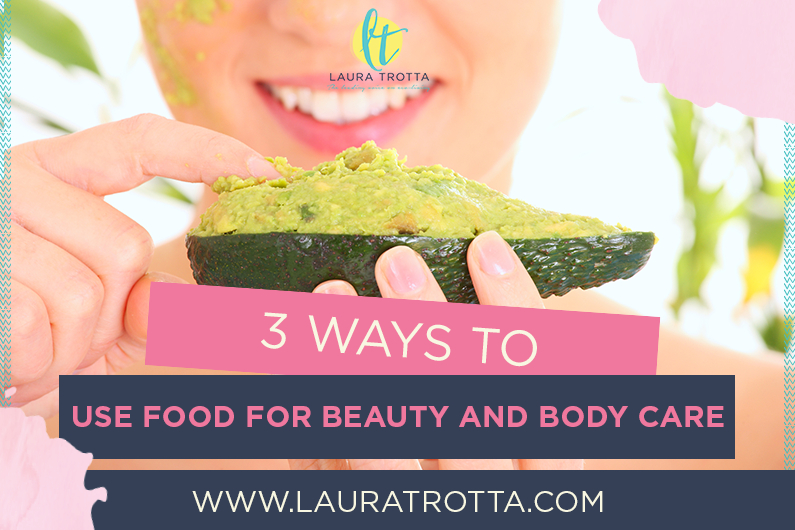

 Laura Trotta is one of Australia’s leading home sustainability experts. She has a Bachelor of Environmental Engineering, a Masters of Science (in Environmental Chemistry) and spent 11 years working as an environmental professional before creating her first online eco business, Sustainababy, in 2009. She has won numerous regional and national awards for her fresh and inspiring take on living an ‘ecoceptional’ life (including most recently winning the Brand South Australia Flinders University Education Award (2015) for the north-west region in SA and silver in the Eco-friendly category of the 2015 Ausmumpreneur Awards). With a regular segment on ABC Radio and with her work featured in publications like Nurture Parenting and My Child Magazine, Laura is an eco thought leader who’s not afraid to challenge the status quo. A passionate believer in addressing the small things to achieve big change, and protecting the planet in practical ways, Laura lives with her husband and two sons in outback South Australia.
Laura Trotta is one of Australia’s leading home sustainability experts. She has a Bachelor of Environmental Engineering, a Masters of Science (in Environmental Chemistry) and spent 11 years working as an environmental professional before creating her first online eco business, Sustainababy, in 2009. She has won numerous regional and national awards for her fresh and inspiring take on living an ‘ecoceptional’ life (including most recently winning the Brand South Australia Flinders University Education Award (2015) for the north-west region in SA and silver in the Eco-friendly category of the 2015 Ausmumpreneur Awards). With a regular segment on ABC Radio and with her work featured in publications like Nurture Parenting and My Child Magazine, Laura is an eco thought leader who’s not afraid to challenge the status quo. A passionate believer in addressing the small things to achieve big change, and protecting the planet in practical ways, Laura lives with her husband and two sons in outback South Australia. 